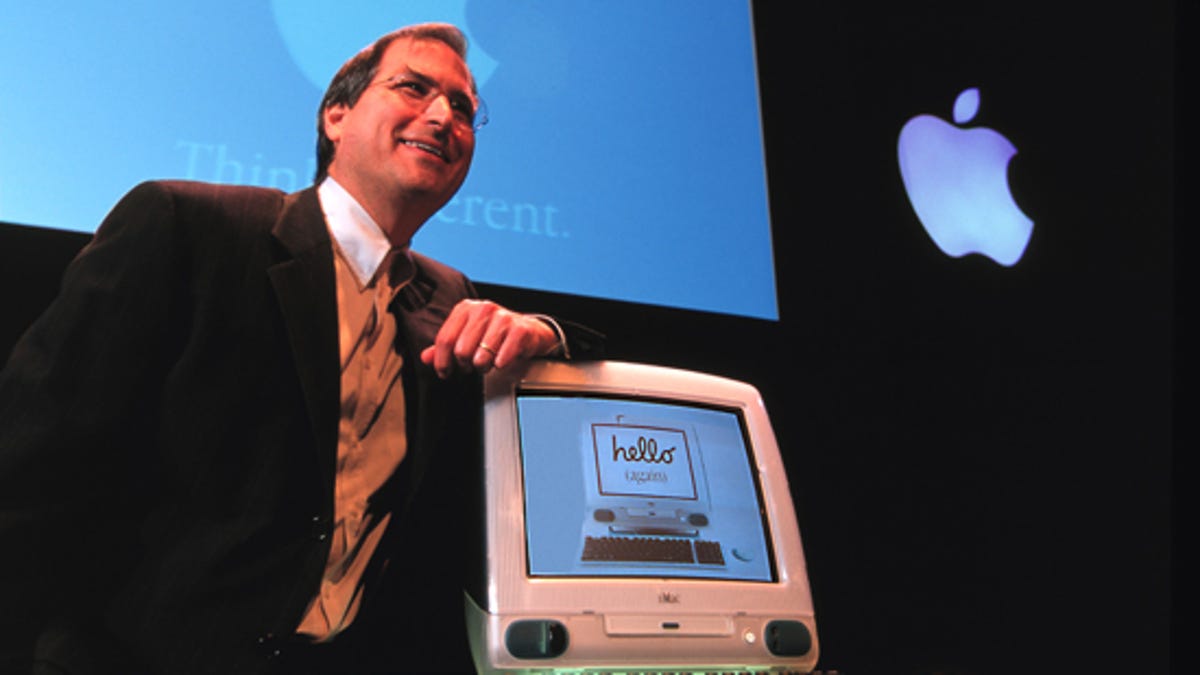Jobs reportedly wanted Compaq to license Mac OS
Ben Rosen, former chairman of Compaq, recalls how the late Apple co-founder approached him about licensing Apple's operating system after Jobs terminated the Mac clone contracts.

Steve Jobs was still interested in licensing Mac OS even after terminating the Mac clone contracts, according to recollections shared yesterday by a veteran Silicon Valley executive.
Ben Rosen, former chairman and chief executive officer of Compaq, said in a blog post that Jobs approached him in 1999 about licensing the Mac operating system. He recounts how he agreed to meet Jobs at a Menlo Park, Calif., restaurant after Jobs called him and suggested they meet to discuss an "important matter:"
After we finished with the amenities and reminiscences, we got to the purpose of the meeting. Steve wanted Compaq to offer the Apple operating system on its PC line, adding to the Microsoft OS that had always been our sole OS. At the time, Compaq was the world's largest manufacturer of PCs. Our adopting the Apple OS would be seen as a feather in Apple's cap (and a pretty visible slap at Microsoft).
The catching up with Steve was fun, the food was great, but the OS idea never gained traction. Upon further analysis, it didn't make sense for either Compaq or Apple. Compaq wasn't about to declare war on Microsoft, our partner from our birth in 1982, and Steve had second thoughts about licensing their crown jewels.
Apple has periodically licensed its operating system for use on machines from third-party hardware makers. But that practice ended when Jobs returned to Apple in 1997. Since then, the only authorized machines that came with Mac OS preinstalled came from Apple.
But that didn't stop companies from trying. Psystar, for instance, started selling its Mac clones in April 2008 after buying copies of Mac OS X on the market and then installing them on its own brand of computers. Apple responded a few months later with a copyright infringement suit, and in December 2009, Apple was awarded a permanent injunction against Psystar.
In the same blog, Rosen recalls his last correspondence with Jobs. Rosen said he sent the following e-mail to Jobs in 2007 after having had no contact for 8 years:
Rosen said he was touched by the response he received a few weeks later:

